Once again and much too often, another unarmed Black person has been murdered by police officers; the most recent appalling cases are first, the murder of 29-year-old Tyre Nichols of Memphis, Tennessee, by five Black police officers. The reports are that Nichols was stopped by police on January 7, for a traffic violation; during the interaction with police, Tyre Nichols was severely kicked and beaten, by five police officers. Nichols died in the hospital three days after the altercation. The five officers who were subsequently fired were all members of a police unit known as SCORPION, which has since been disbanded. From the bodycam footage, the actions of the police officers, showing them laughing, profuse profanity and downright bestiality; is an indication of people who are intellectually bankrupt and socially uncultured.
A little over one month after that abominable incident another unarmed Black man, Darryl Tyree Williams 32, of Raleigh, North Carolina, died on January 17, 2023 about one hour after his arrest by police. Williams was repeatedly tasered by police until he lost consciousness; police body-cam audio shows Williams repeatedly telling police that he has heart problems. Space does not permit listing the numerous cases of police misconduct, violence, and murder, that takes place even within one year; rather I would like to examine the psychological, socio-economic and political pathology that underlies the continued incidents of police brutality generally, and especially against people of African descent.
Framing The Psychological Narrative
The analysis of an organization or group, is not based on the actions of or thinking of a few individuals; the analysis if it is to be sound is based on the group or organization as a collective, with an ideology, culture, and practice, that most often defies the legal code of conduct. Too often intellectual upstarts and pacifists, repeat the phrase “not all police officers are bad, its just a few ‘bad apples’;” the statement is simplistic and lacks scholarship. Nobody in their right mind has ever argued that every single police officer is bad; there was a female police officer in Buffalo that reprimanded her white partner, for abusing a suspect in custody. But that is the action of an individual, even if it were a dozen of them, but that refutes our premise. In far too many instances, the actions of the police as a COLLECTIVE/GROUP/ORGANIZATION, especially in their interactions with people of African descent, are of heavy-handedness, excessive and disproportionate use of force, racially and class influenced.
Humans are inescapably social beings, and with that there are inherent challenges in the interaction between these beings; challenges conditioned by person perception, interpersonal relations, attitudes, and opinions to name a few. People enter the profession with pre-existing prejudices, social opinions and outlook, stereotypes etc.; it is naïve to think that these ideas are dropped and non-existent once one enters or leaves the Academy. Human behavior unlike other animals is much less an evolutionary product, but more a product of the socialization process. The hunting for prey or the killer instinct doesn’t have to be taught to the lower animals, it’s an intrinsic part of their “psychological DNA;” humans through the home, church, school, media and other social organizations, develop and form their psychological profile through these external stimuli.
In the final analysis, individual behavior is always influenced by the social context within which it takes place. This human interaction serves both as stimuli and determines the responses to these stimuli; it determines how the person reacts and how the person feels.
The Dilemma of The Black Cop
People join the police force for different reasons; love of law enforcement, continuing a family tradition, or a type of cathartic treatment after suffering some crime trauma by a family member or even self. What is not discussed is that some people white or Black, especially racist whites, join the police as a sort of vendetta against Black folks, to “get even” or carry out their personal prejudice in a kind of covert, under cover of law manner, so as not to get caught. Despite the personal reason for becoming a police officer, the Black cop faces different dynamics that affects his functioning as a police officer, both inside and outside the department. There is so much alarm that the killing of Tyre Nichols was done by Black police officers; this should not be if we understand the sociology of the Black cop in a white dominated society.
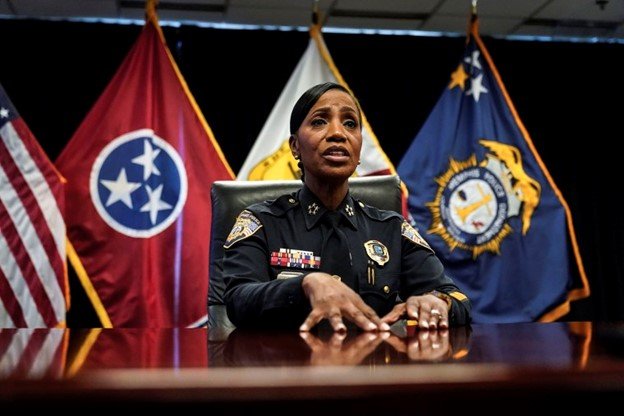
Memphis Police Chief, Cerelyn “C.J.” Davis, and other members of the Memphis Police Department, participated in training programs in Israel - Photo: Gerald Herbert/AP
The Black police officer, enters the profession with attendant “baggage” whether he/she realizes it or not. He/she is a black person, African American; descendants of enslaved Africans; had to live through a Civil War, Reconstruction, Jim Crow; the Civil Rights Movement; had to struggle to get the right to vote and obtain certain basic Human Rights. Even when he/she was so-called free and gained some social and political success, they were still discriminated against: under serviced and under resourced neighborhoods; “red lining;” higher interest rates for bank loans when they did get it; and disproportionate wage gaps. All these social pathologies, take an enormous emotional toll on the psyche, that more often than not plays out in anti-social behavior. The high incidents of spousal and child abuse, violent person-to-person interaction, and worst, mental illness and suicide are all known within the Black community.
Faced with this “dilemma,” the Black cop in an unconscious or conscious mind-set has to extricate himself from these social pathologies that are commonplace in the Black community. They have to “prove” to their white counterparts that they are different from the rest of the folks they are policing. At the same time, they have to fight off the disgust for these suspects that are giving the rest of us a “bad name” and they buy into the same stereotypical characterization about working class black men: how they dress, cars they drive and the areas they live in, all suggest some type of dubious behavior or character. In the end the Black police officer’s cultural and historical dissonance makes them interact with fellow Blacks, worst than their white counterpart. In their mind, these suspects are the reason for the negative view whites have about Blacks; these suspects are the reason for the socio-economic degradation of the Black community. The “thought” is to lock them up, get rid of them and everything will be all right.
The ideology of racism also plays a significant factor in how the performance of their duties is exercised. The racial stereotypes and invectives are part of the society’s body politic; the institutional racism in all aspects of social, cultural, and political life is not alien to the police officer. He or she brings to the job varying degrees of this racist influence and it would be naïve to expect otherwise. The Black police officer is not immune to the stereotypes and racial invectives and faces such actions even at his place of work. Therefore, in the performance of their duties, the contradictions between the conditions cited above, and being part of the State machinery is played out, often with fatal results. He or she must, is “compelled,” to prove to the whites that they are not like ‘those other blacks;’ he or she desperately tries to suppress the effects of the slavery and discrimination trauma, plus the latent self-hate, most often results in Displaced Aggression, taking out anger on the object most vulnerable and convenient.
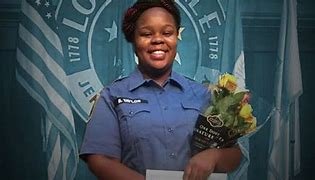
Breonna Taylor, killed while in bed by police, in Louisville, KY March 13, 2020 - Photo: huffpost.com
The Politics of Police Brutality
The police force is a paramilitary organization, it is a branch of the state machinery; along with the military, judicial bodies, and regulatory agencies. The police as part of the state machinery, and like the military, are a special group of armed people. Their function is to enforce and maintain the economic, political, and ideological interests of the socio-economic System, whichever it is; in this case, the capitalist mode of production. The January 6, 2021 attempted coup at the Capitol, involved several police or law enforcement officials. Although the popular narrative is that it was aimed to reverse the results of the 2020 election is true, but it is not the crux of the matter. The intent was to return in office, an Administration that the reactionary section of the ruling class feels comfortable with. An Administration that will not hesitate to use force to silence and crush dissent; an Administration that will not easily give democratic concessions to the working class; an Administration that will enforce and extend the conflict between labor and capital; an Administration that is hostile to organized labor. In short, the Trump Administration represented the most ideologically backward and reactionary section of the ruling class. That is what the insurrection was about.
The theory and practice of racism is also a part of that unholy alliance. Whilst the military is frequently used to secure and maintain the rule of capital overseas; the police force is charged with providing the local social atmosphere, conducive to capitalist production. Crime anywhere is a deterrent to socio-economic development, moreover, violent crimes deplete the labor force of potential members. To serve and protect while noble sounding, is a theoretical concept; in objective reality it has a race and class characteristic, in how that concept is effectuated.
White and rich suspects are treated differently from Black and working class suspects; even the classification of crimes is reflective of the race and class practice. You’ll hear of embezzlement, fraud, “white collar” crime etc. when referring to white and upper class suspects. Sentences meted out to white perpetrators are far more lenient than those meted out to Blacks. Finally, the police officer, is there to take orders and not question directives; the protection of the interests of capital is first and foremost, to expect anything less is non-analytical. The specific action, personality, or social outlook of an individual police officer, does not speak for, or reflects the class function of the group.
Black police officers should not be excused for any tyranny they perpetrate on the Black community; they are a part of the oppressive, racist, and class state apparatus. They will and have protected the interests of capital and its ideology. If called upon they will break up strikes or demonstrations; they will surveil, frame, and arrest social justice activists; they will infiltrate and spy on Black activist organizations, (the NYPD had a “Black Desk” unit under a Black police Commissioner). The murder of Black activist Fred Hampton in Oakland, California included Black police officers; the bombing of the MOVE compound in Philadelphia, included Black police officers.
Police Reform – The Real Deal
The struggle for “police reform” must be seen, and form a part of the Black Liberation Movement specifically, but within the wider context of the class struggle, to resolve the conflict between labor and capital; this is the fundamental issue, an end to the capitalist mode of production. Desperation produces sensationalism, absurdity, and a disconnect from objective reality. Police brutality is a real and urgent danger, that needs to be addressed in a decisive manner, sooner than later. At the same time we have to guard against demagoguery and phrase mongering from both white and Black activists especially. The late Dr. Frances Cress Welsing in her book “The Isis Papers” commenting on the Black response to social injustices at the time of writing noted:…We are witnessing a collective Black floundering and an ideological vacuum and disorientation.” Struggle calls for leadership that is disciplined, ideologically clear on the issues and their analysis, and unafraid. Reaction will use every means available, legal and illegal to thwart and prevent any attempt at police “reform.”
There is no scholarship in the phrase that is becoming ever more popular for “abolition,” abolishing the police force; it is impractical, and lacks serious critical thinking. Even under socialism, a police force exists; it’s the ideology and methods of policing that’s different, reflective of the socio-economic, political, and ideological fabric of the wider society. The police force as an organization cannot be “democratized,” because of its function and structure. Through consistent and protracted activism, both at the community and electoral level, some short-term democratic gains can be achieved. The fundamental, ultimate goal however is to change the mode of production; change the ideological and political direction of the society, and you’re on the way to real, meaningful, and long-lasting police transformation.
Actions that advance the collective interests of the working class for peace, democracy, and social progress, and have the support of the masses, are revolutionary. The militarization of the police must be discontinued; the exorbitant budget of the various police departments, must be reduced, and community oversight of police interaction with civilians, especially in Black communities, must be encouraged. Conversely, actions that divides and isolates the working-class, further oppresses and destroys the Black Liberation Movement, and ultimately fortifies capitalist domination, are reactionary. Narrow nationalism is reactionary; it produces no sustaining positive results for the working-class or solves the antagonistic conflict between the forces of social progress and those of reaction and counter-revolution.
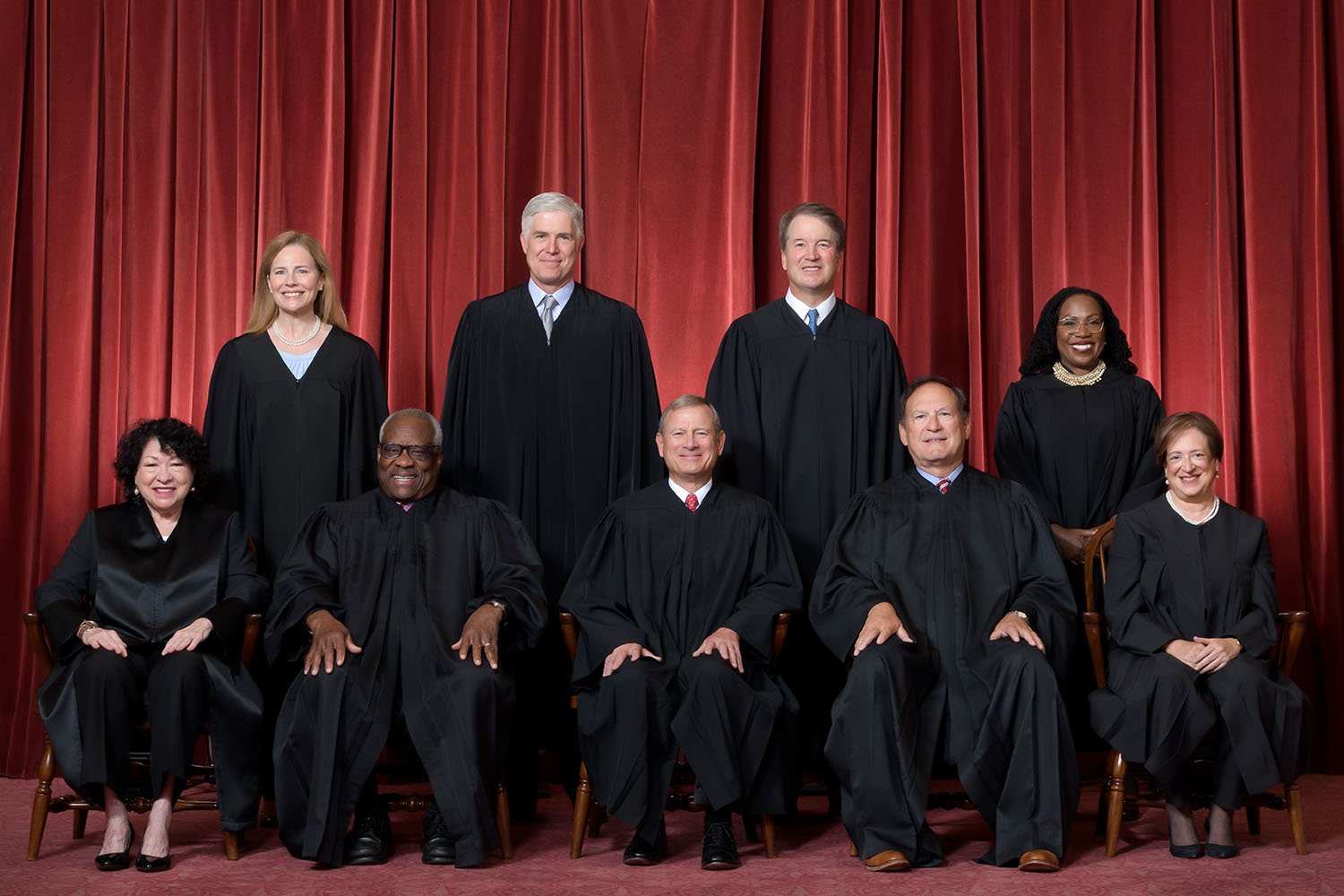
Formal group photograph of the Supreme Court as it was been comprised on June 30, 2022 after Justice Ketanji Brown Jackson joined the Court. The Justices are posed in front of red velvet drapes and arranged by seniority, with five seated and four standing.
Seated from left are Justices Sonia Sotomayor, Clarence Thomas, Chief Justice John G. Roberts, Jr., and Justices Samuel A. Alito and Elena Kagan.
Standing from left are Justices Amy Coney Barrett, Neil M. Gorsuch, Brett M. Kavanaugh, and Ketanji Brown Jackson.
Credit: Fred Schilling, Collection of the Supreme Court of the United States
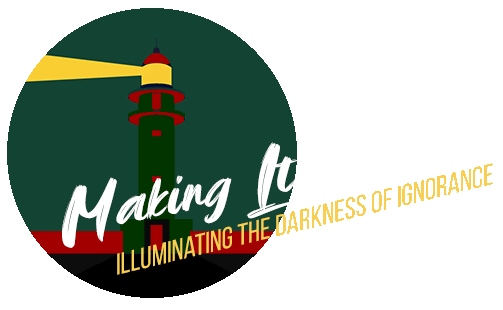
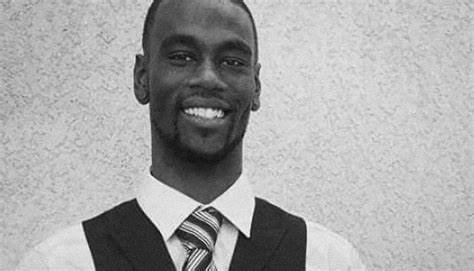
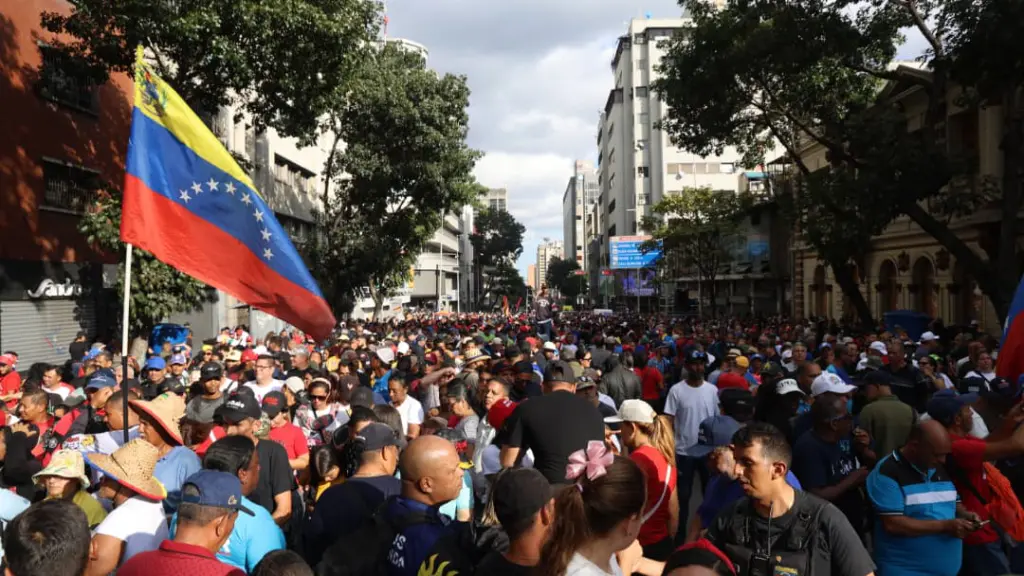
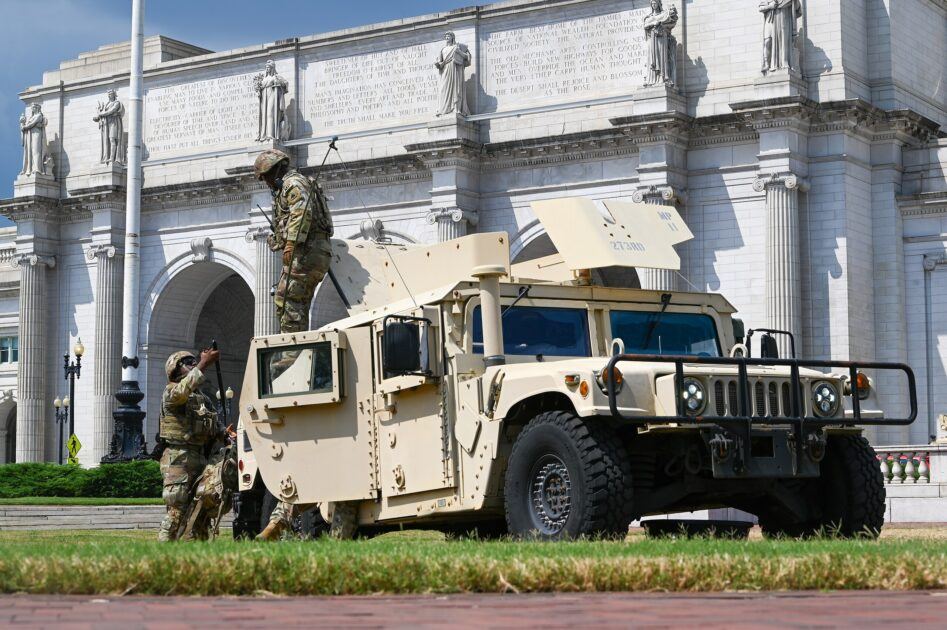

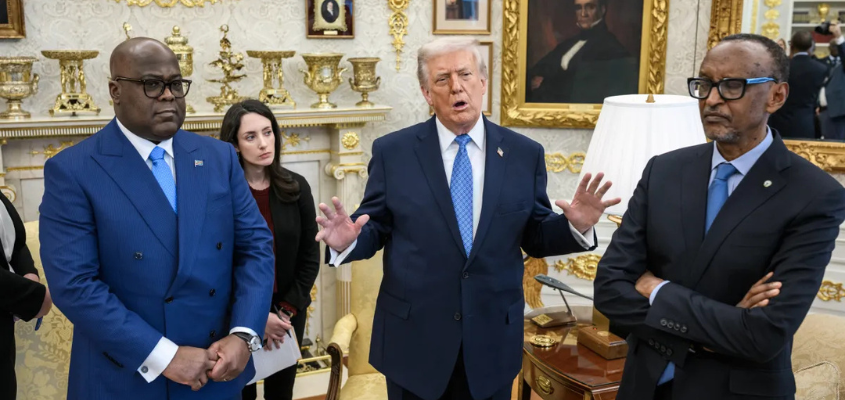
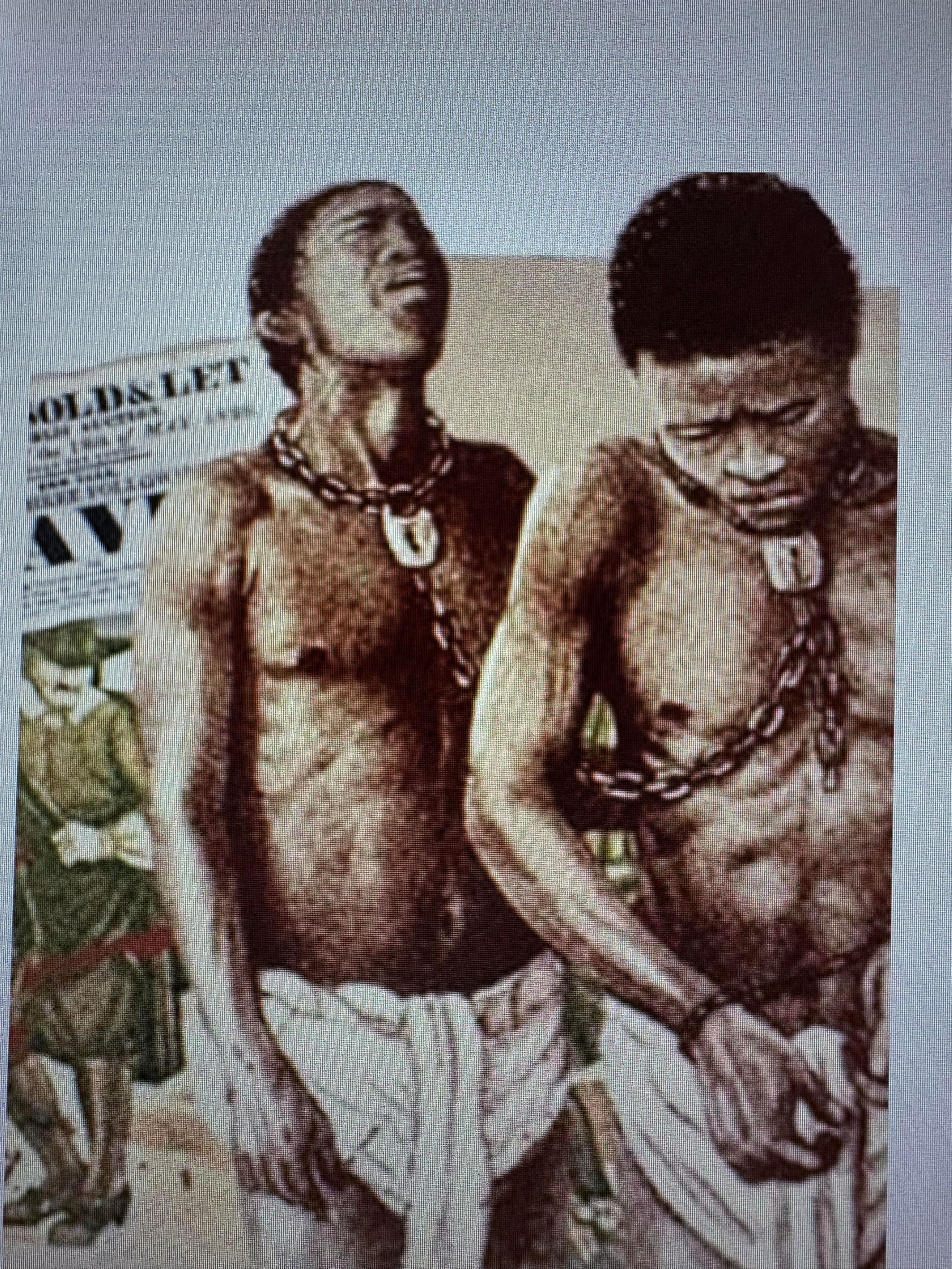

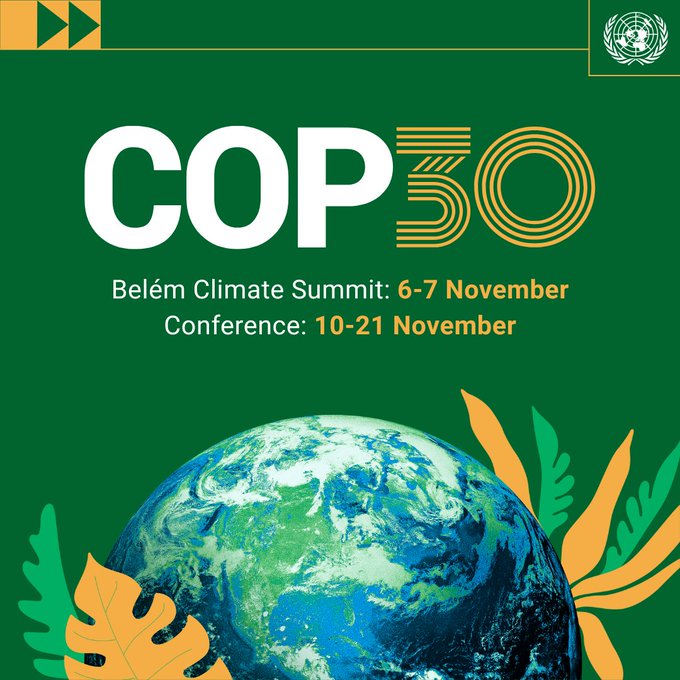

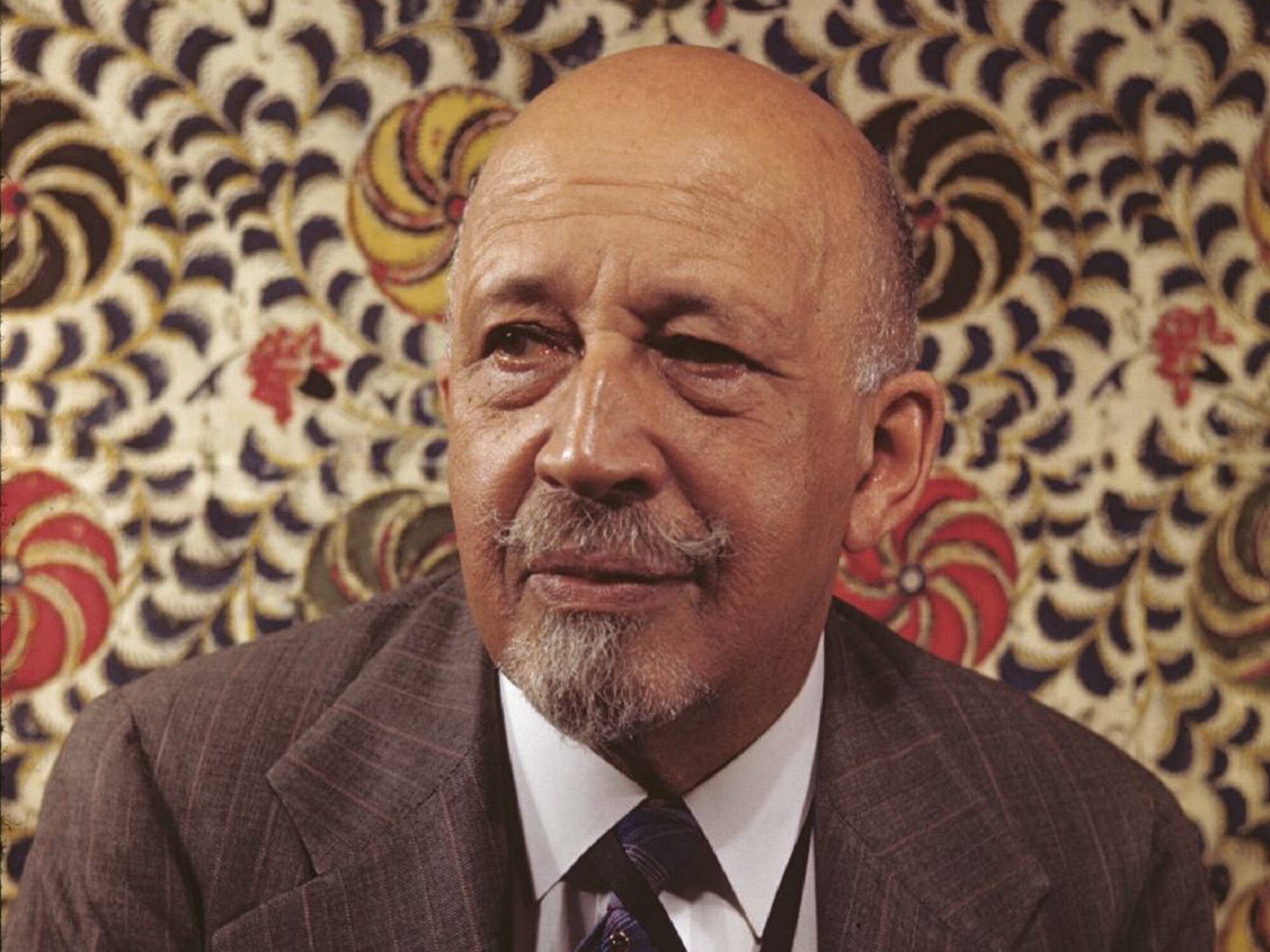

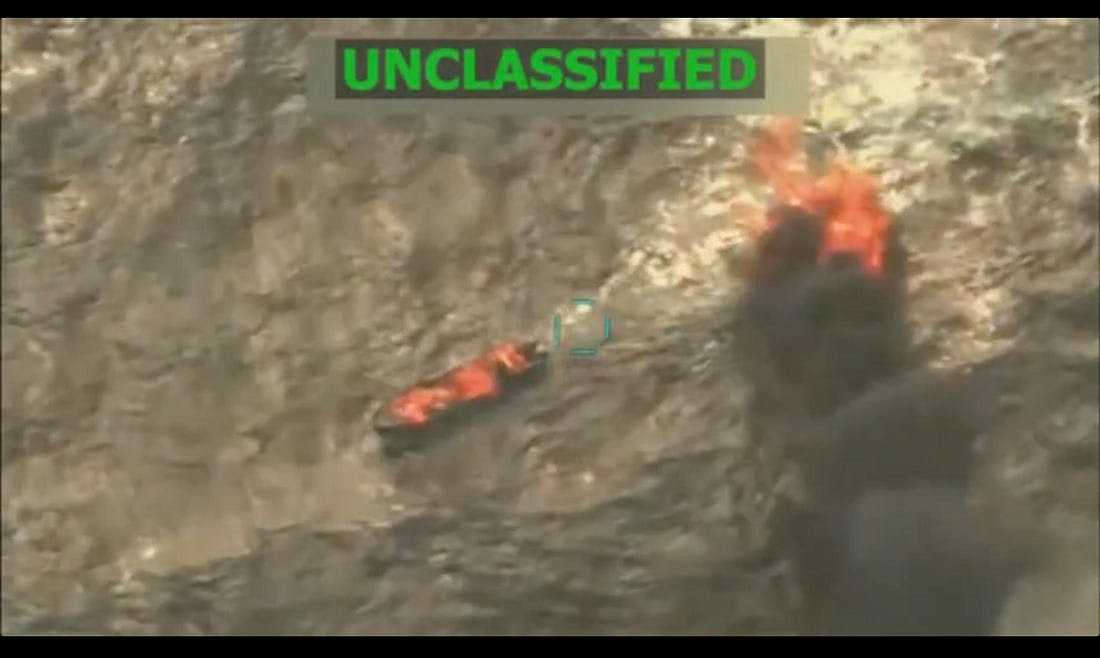
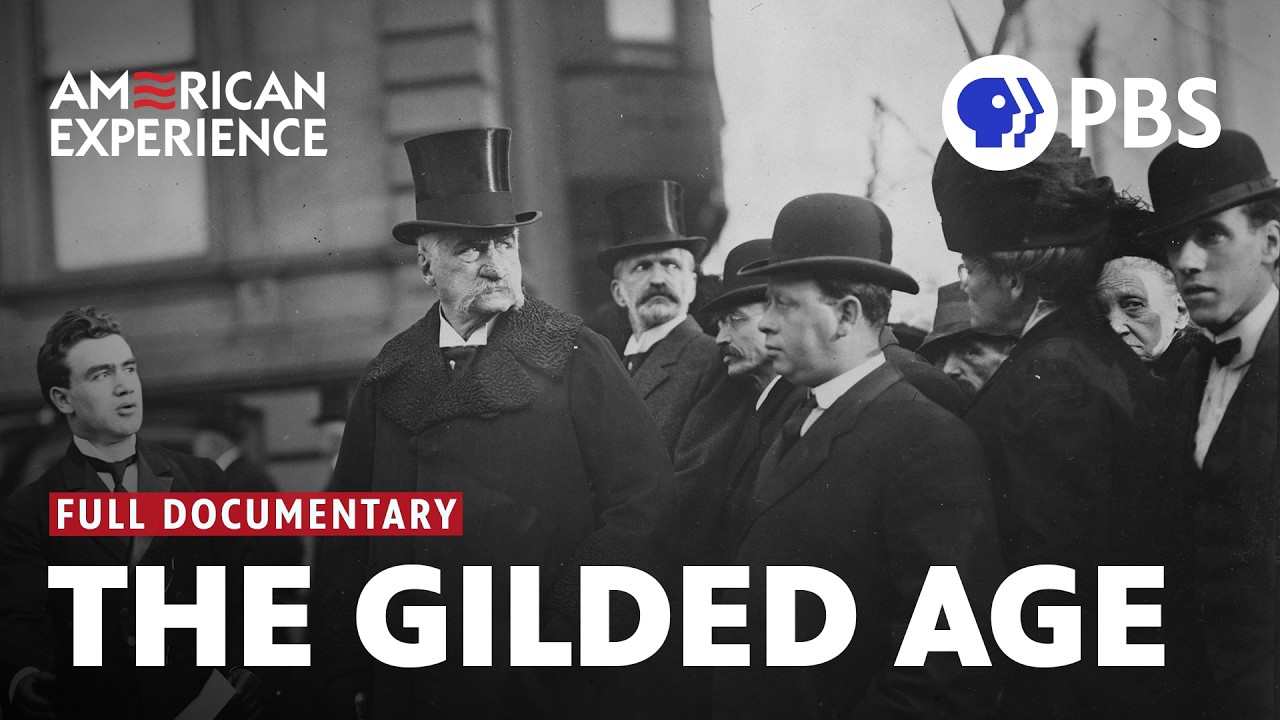
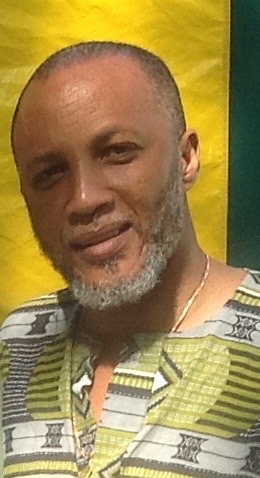
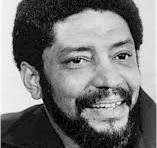
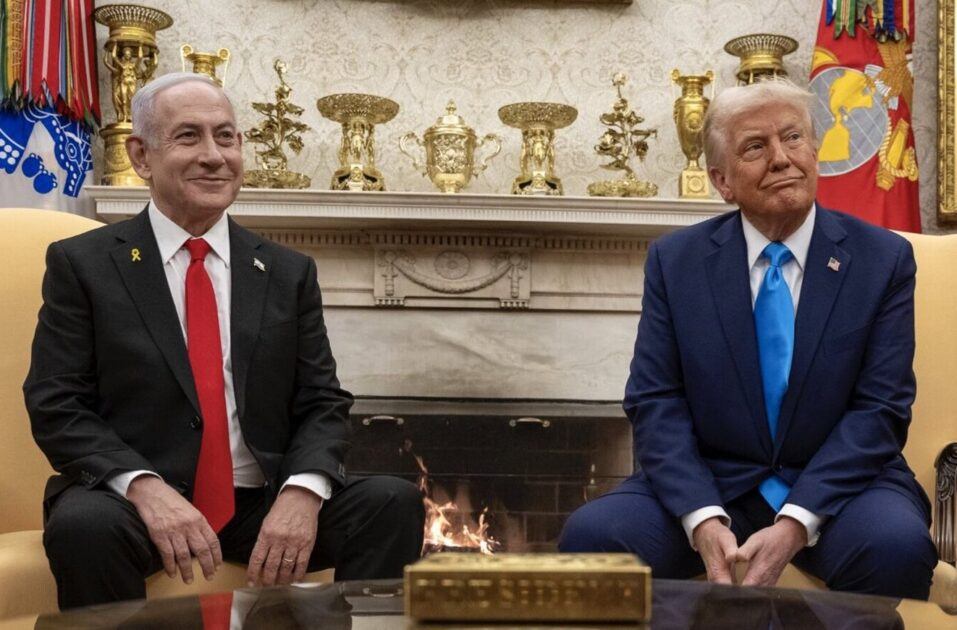
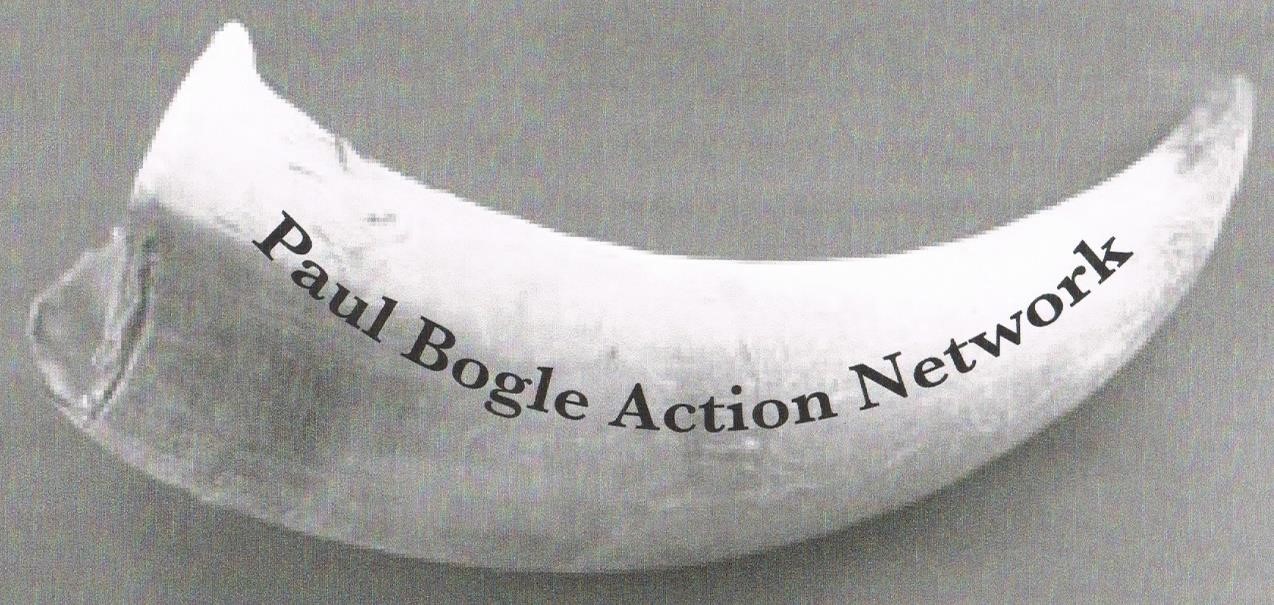
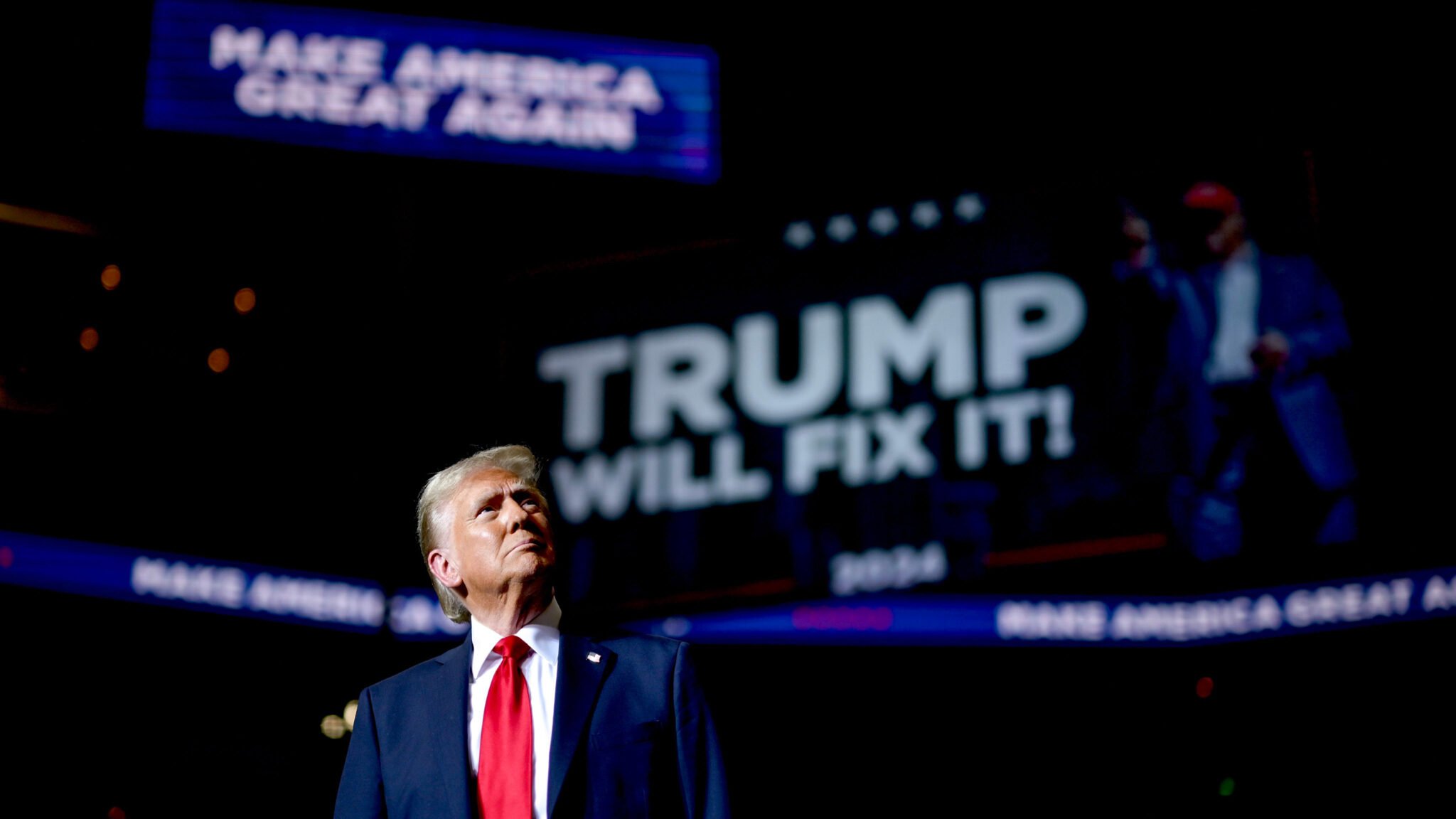
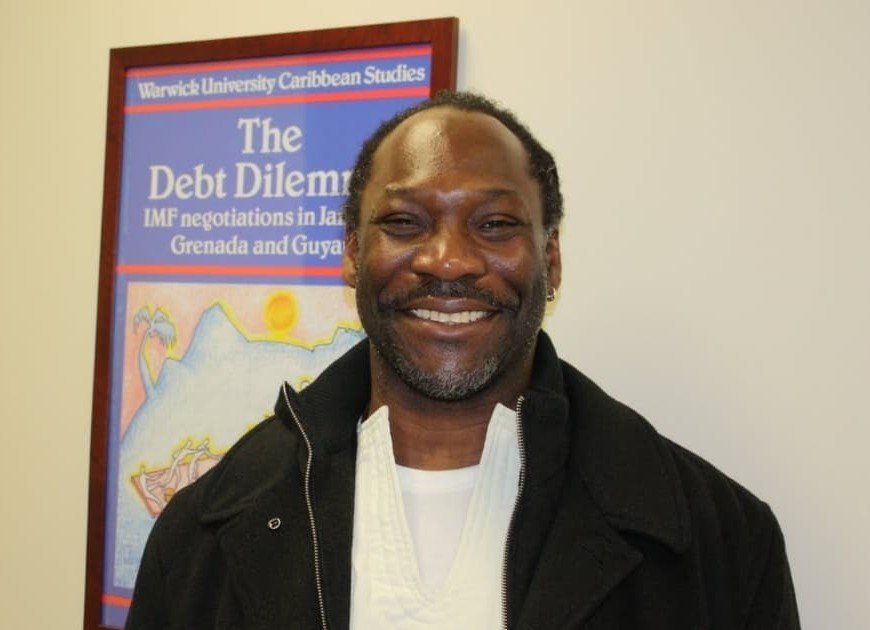
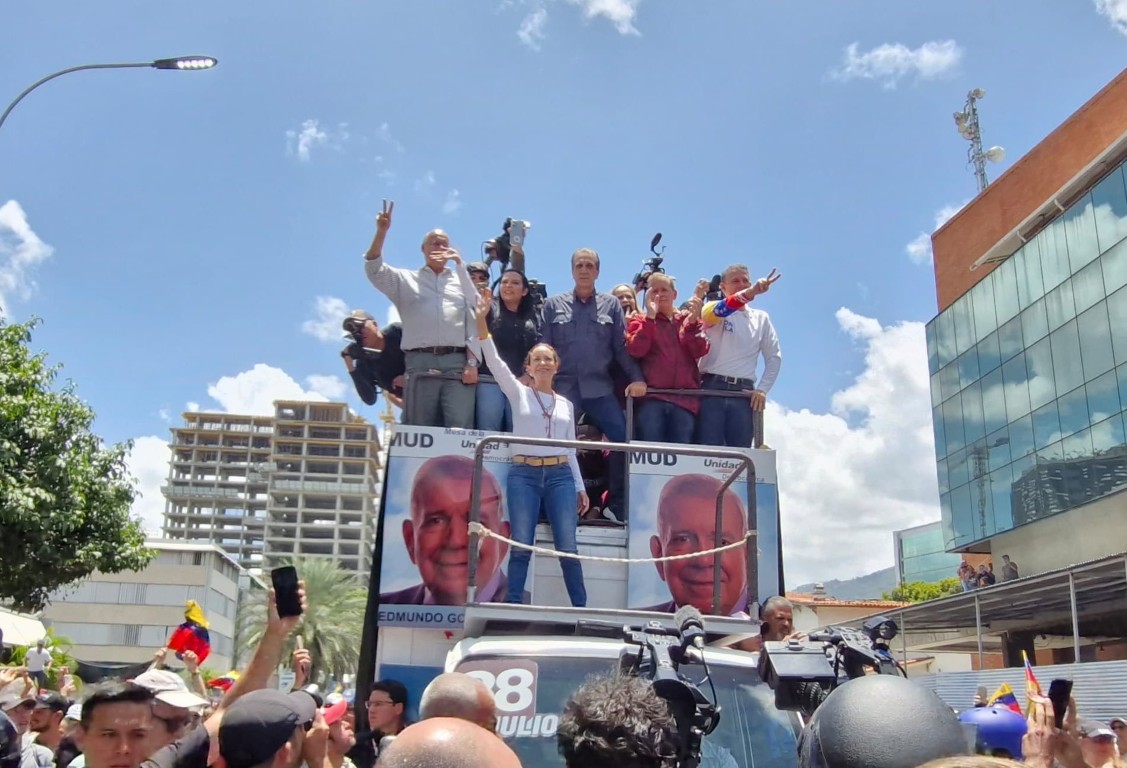
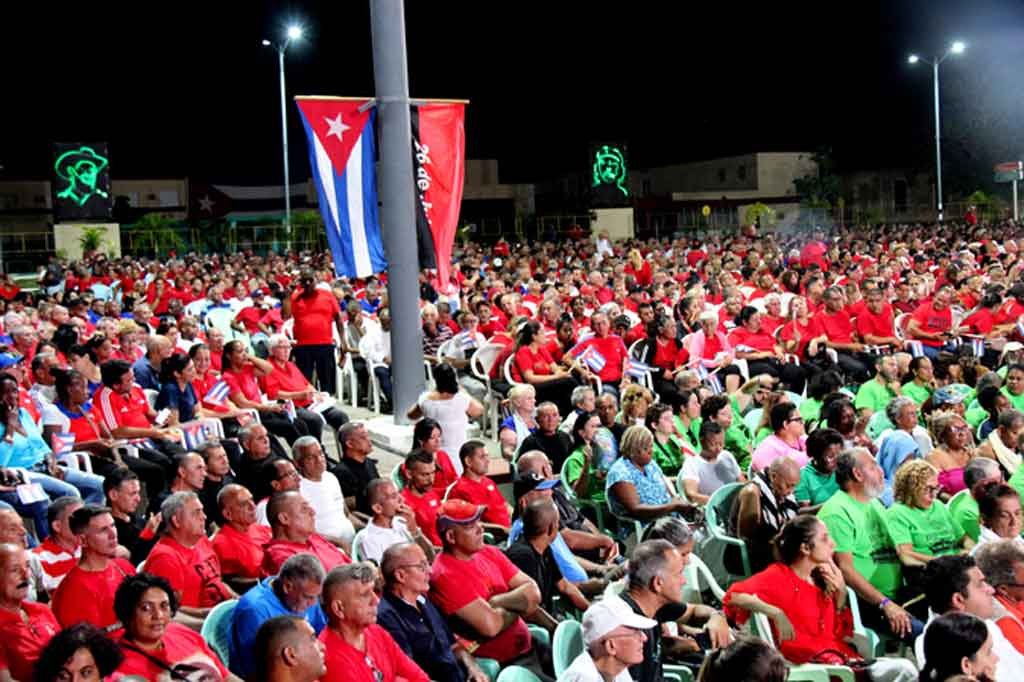
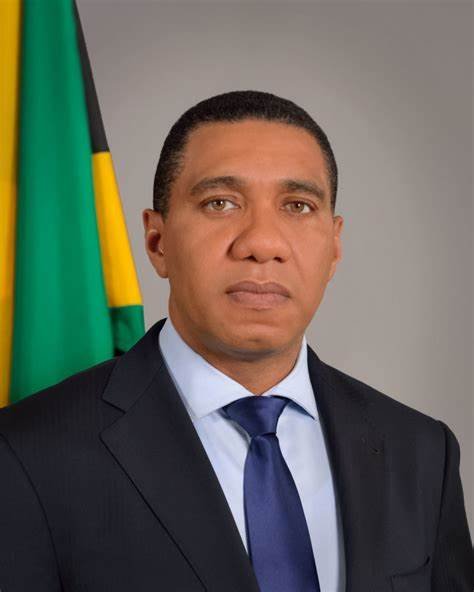
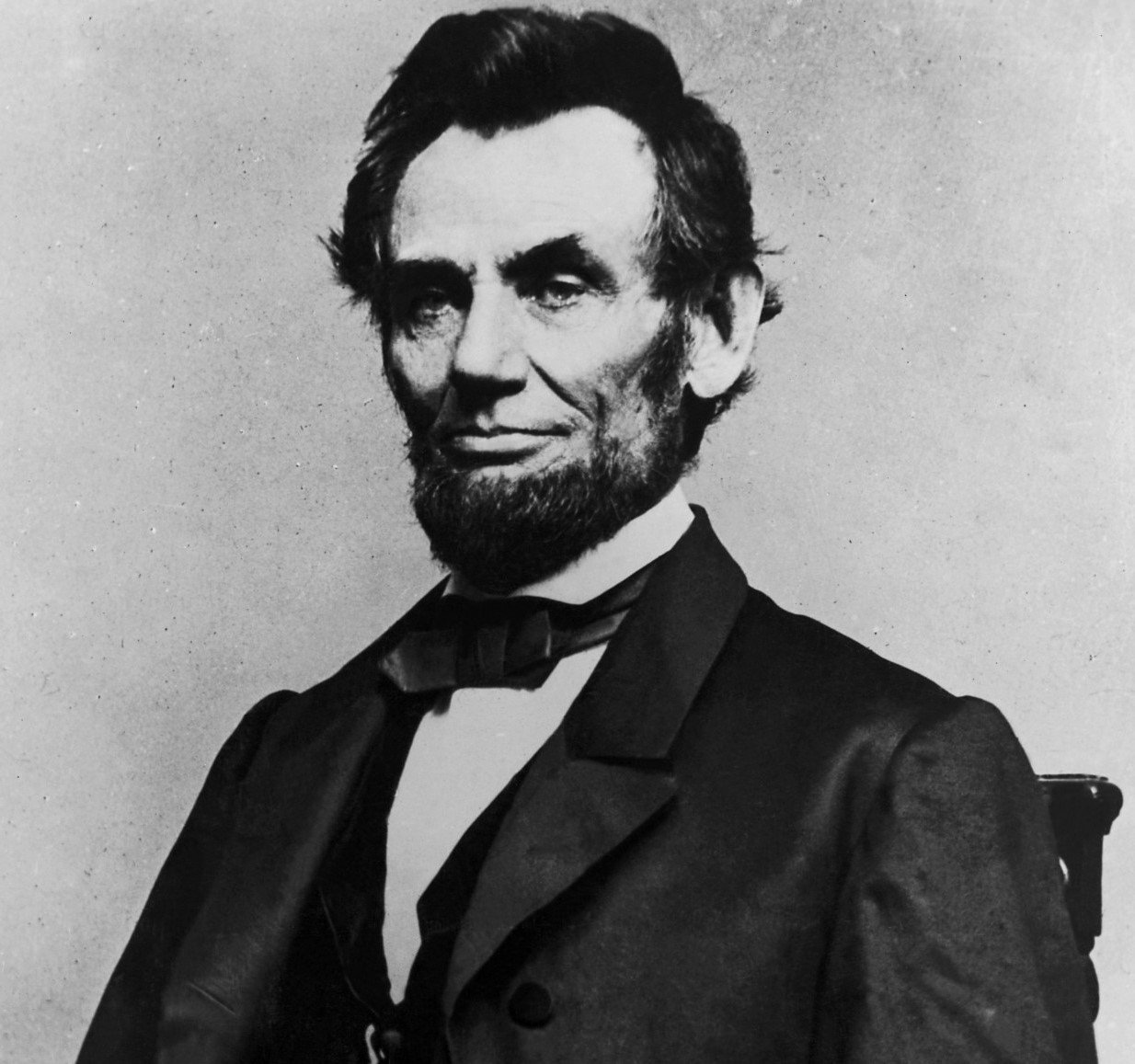
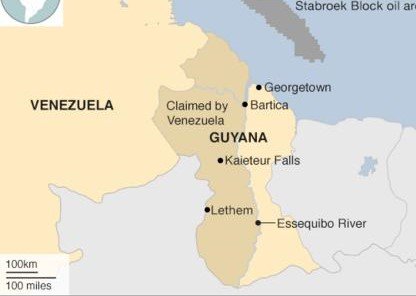
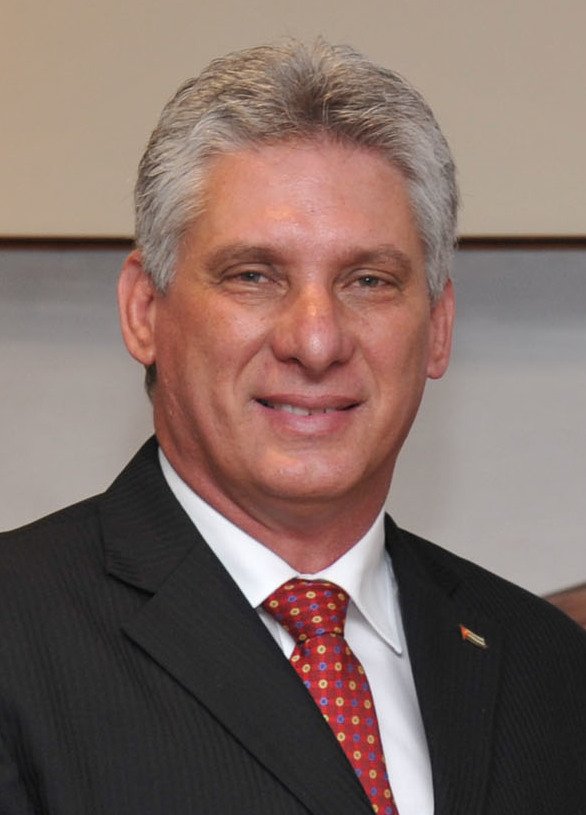
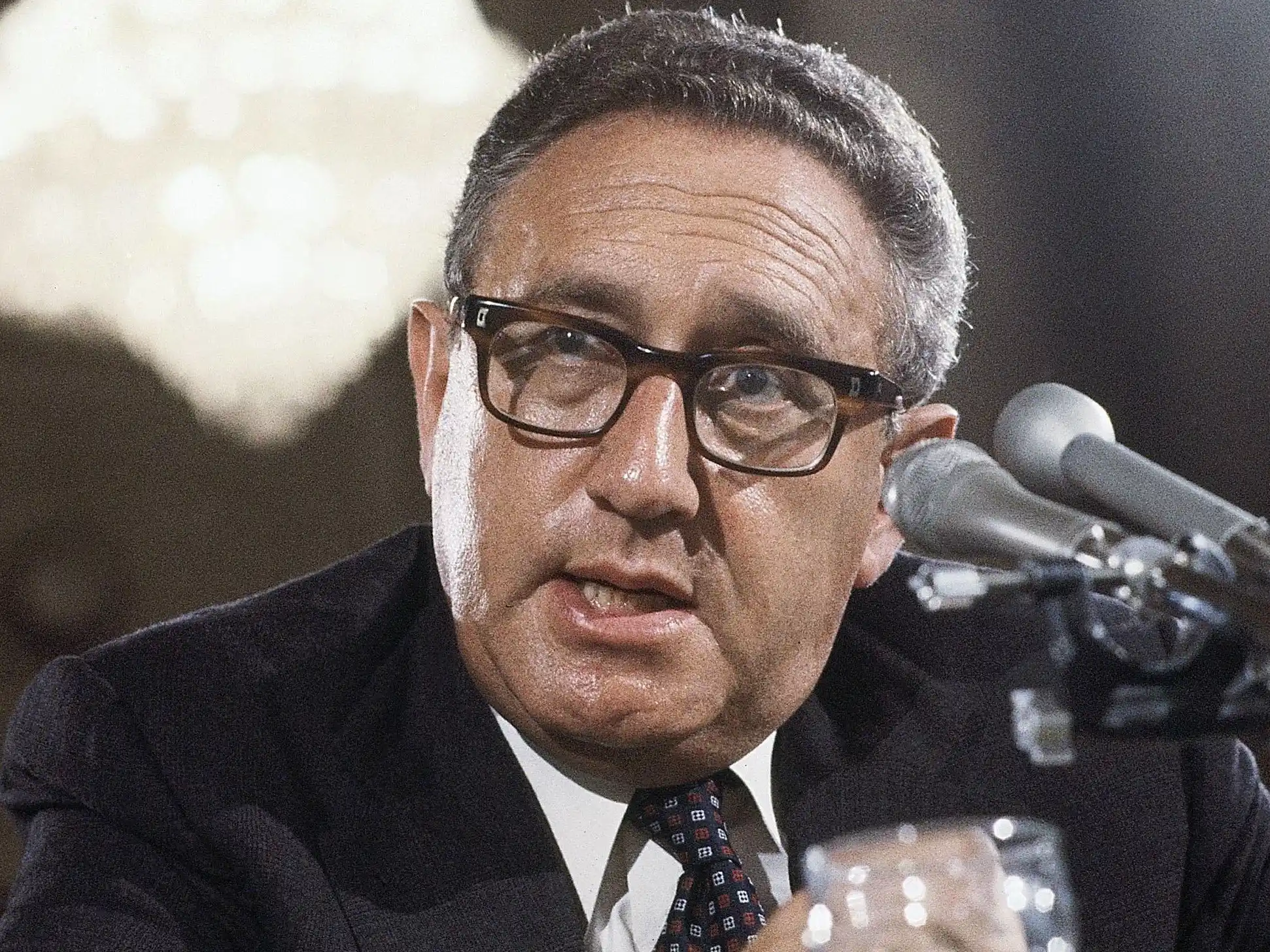
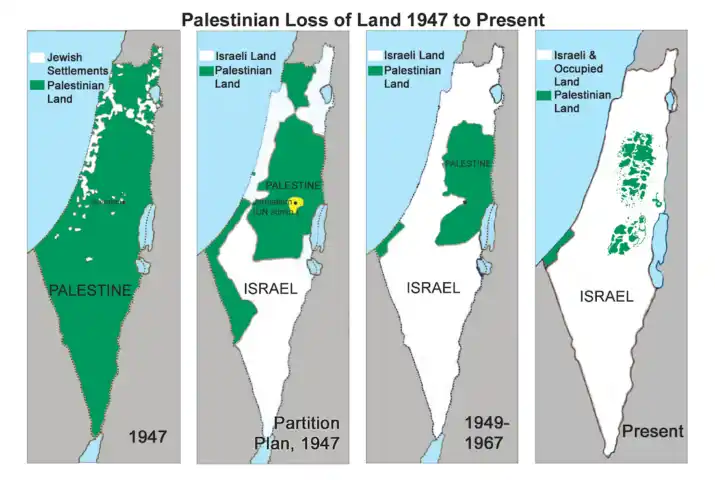
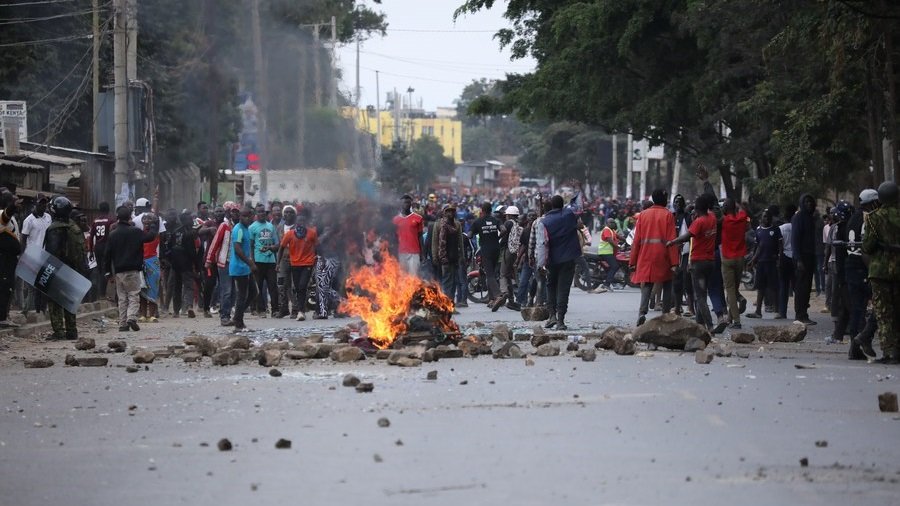
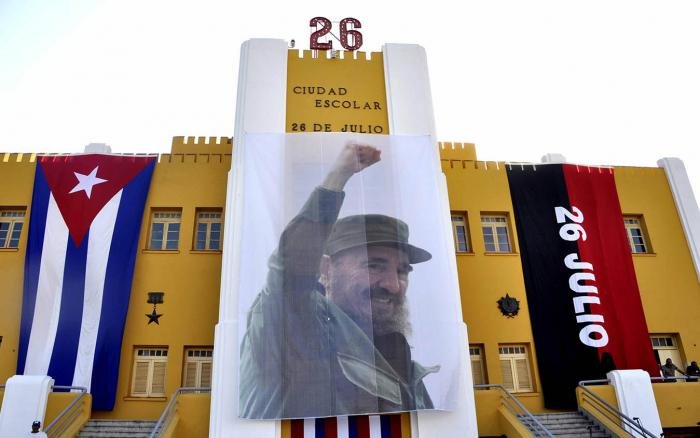
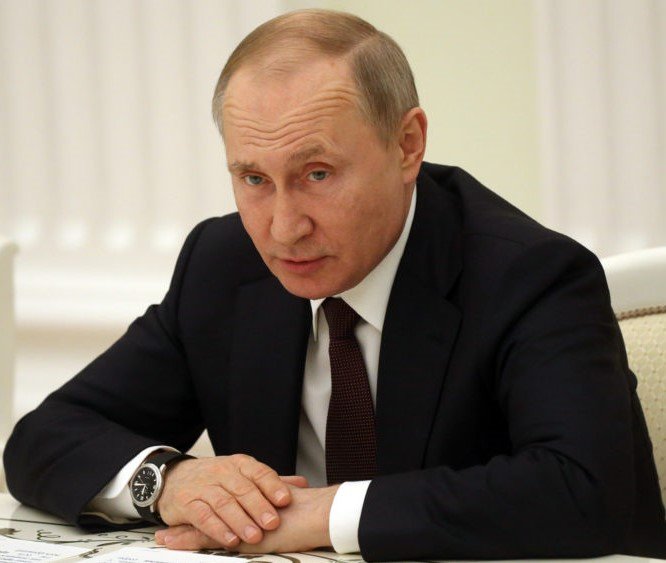
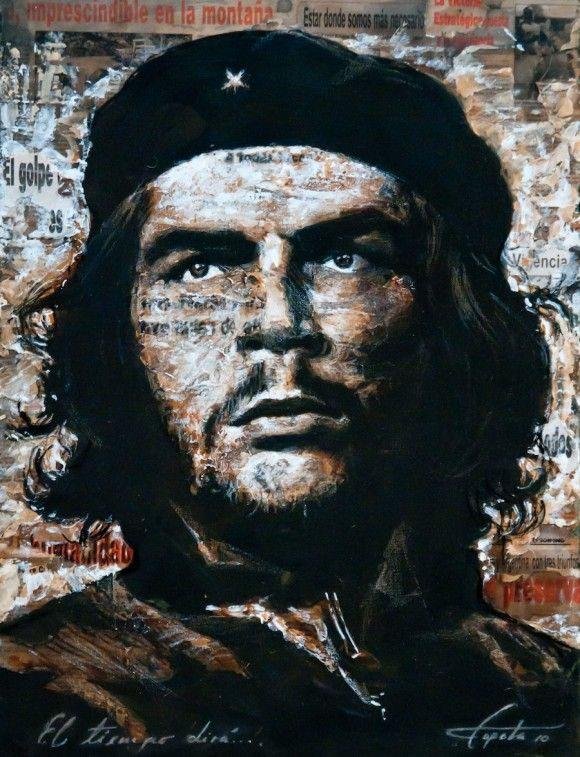
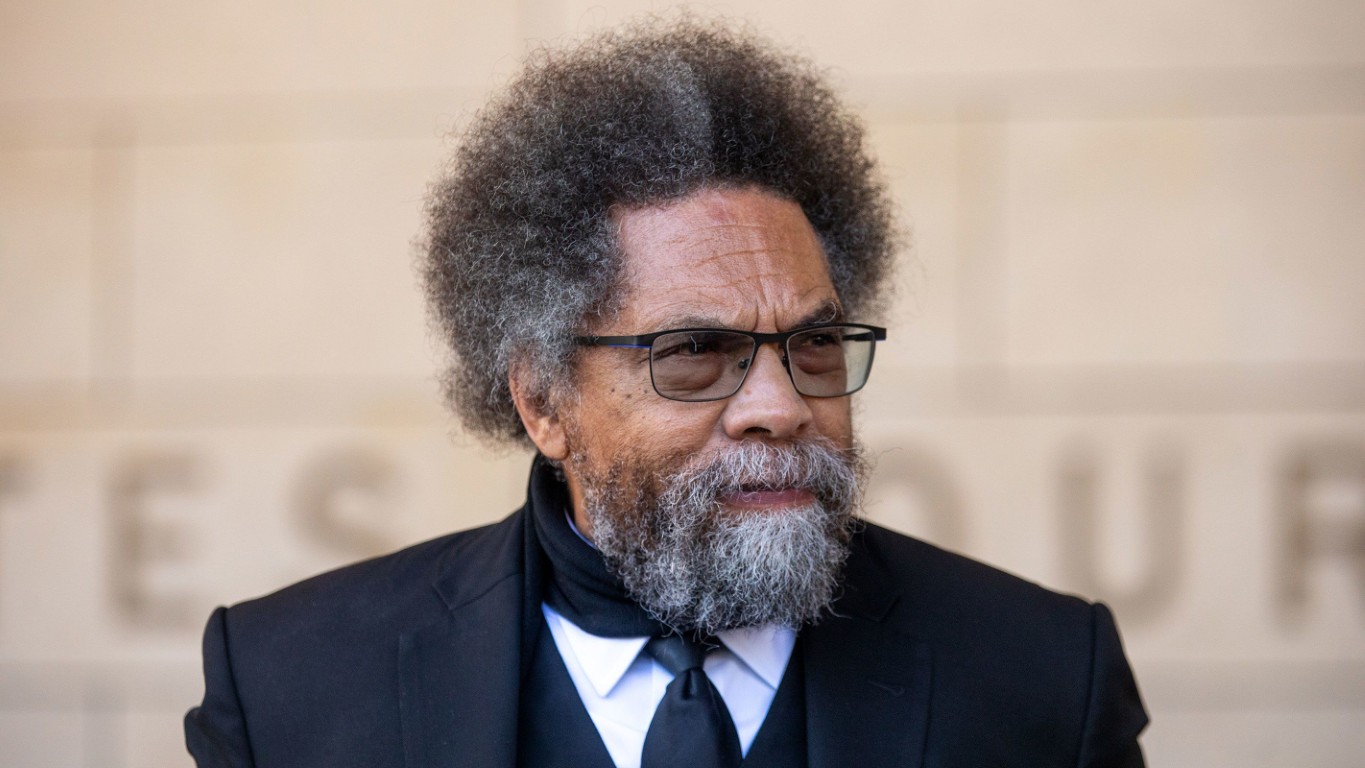
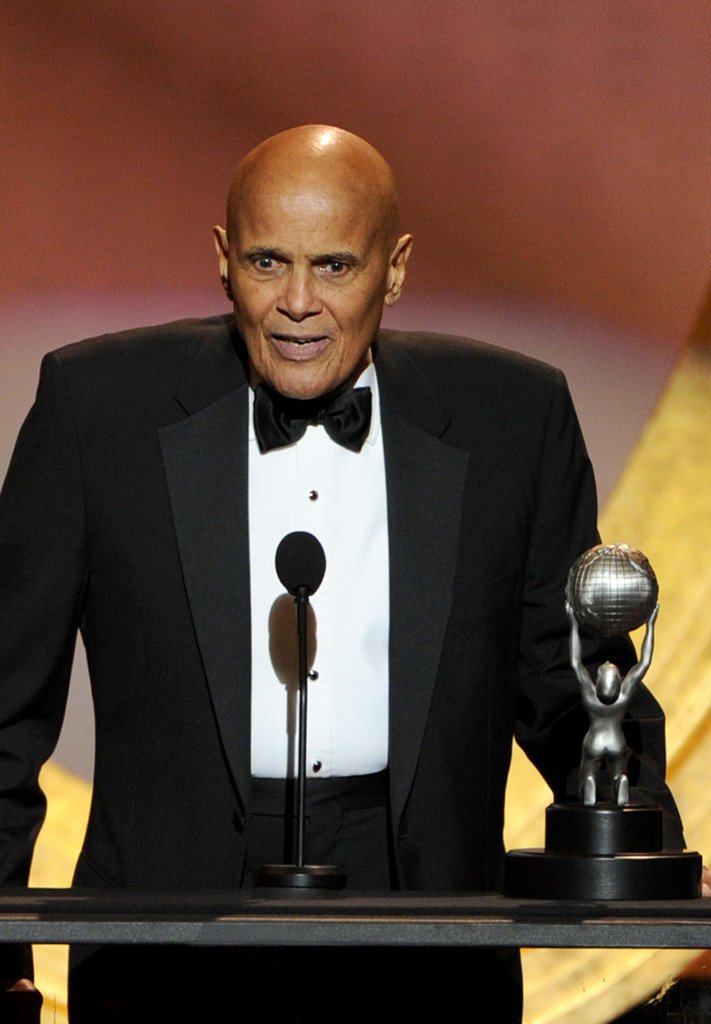
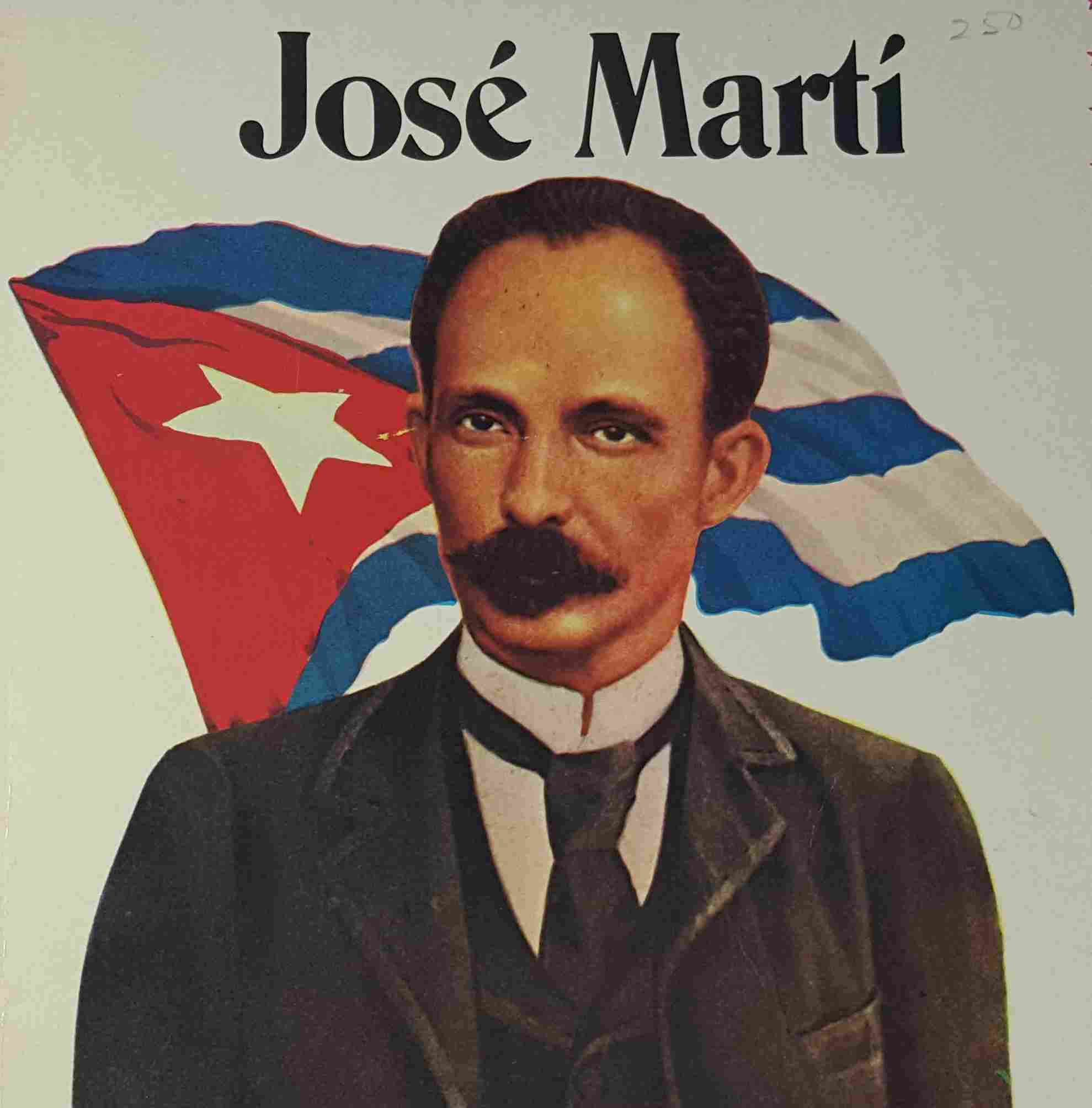
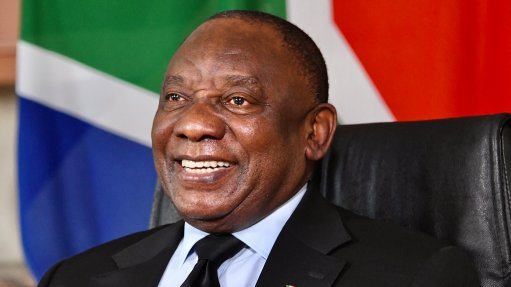
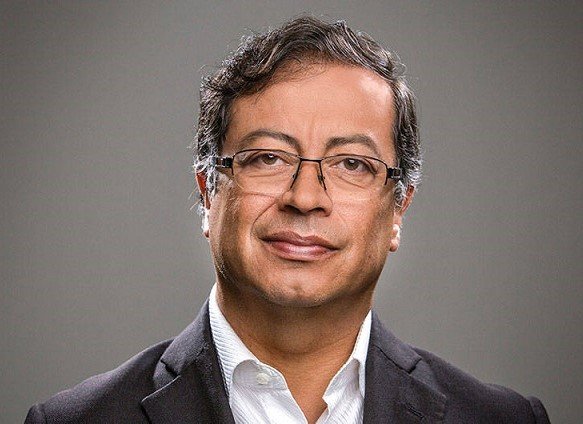
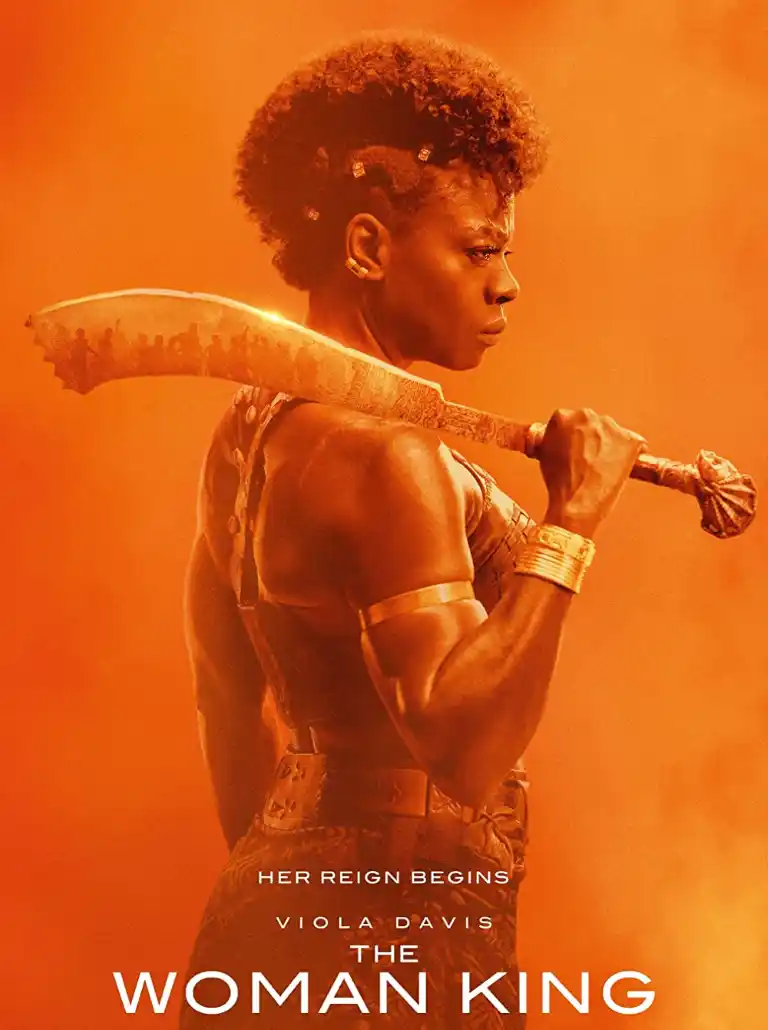
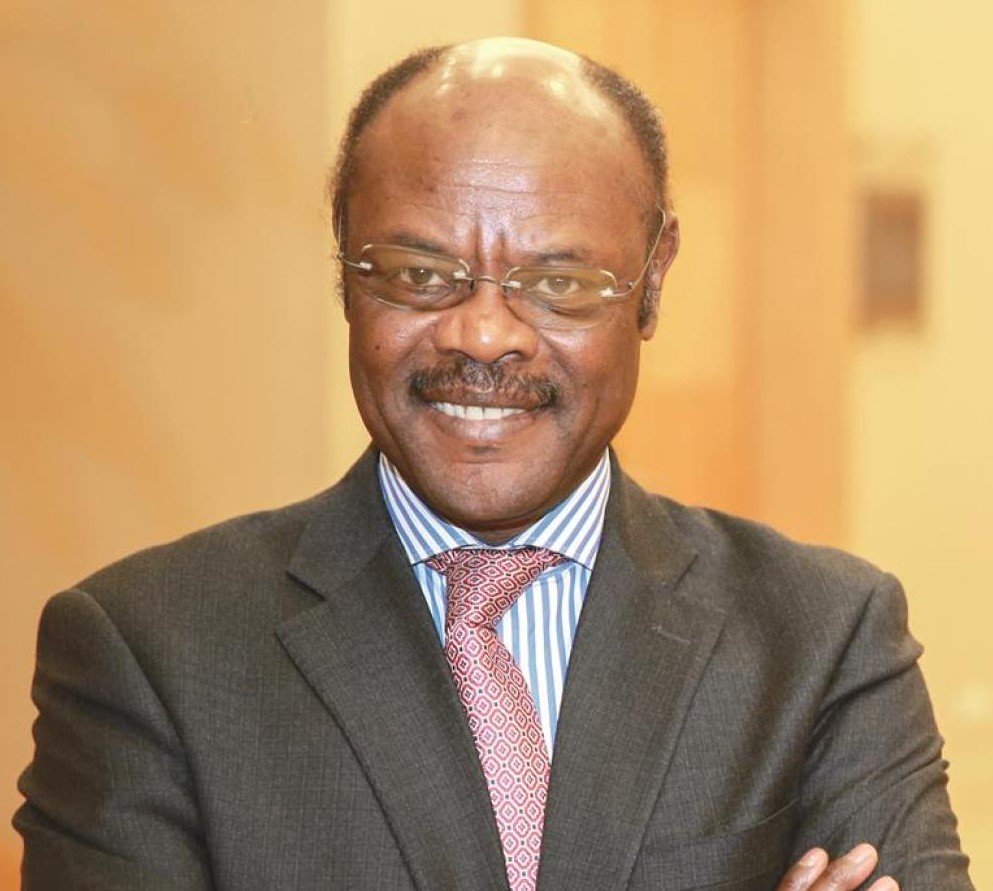
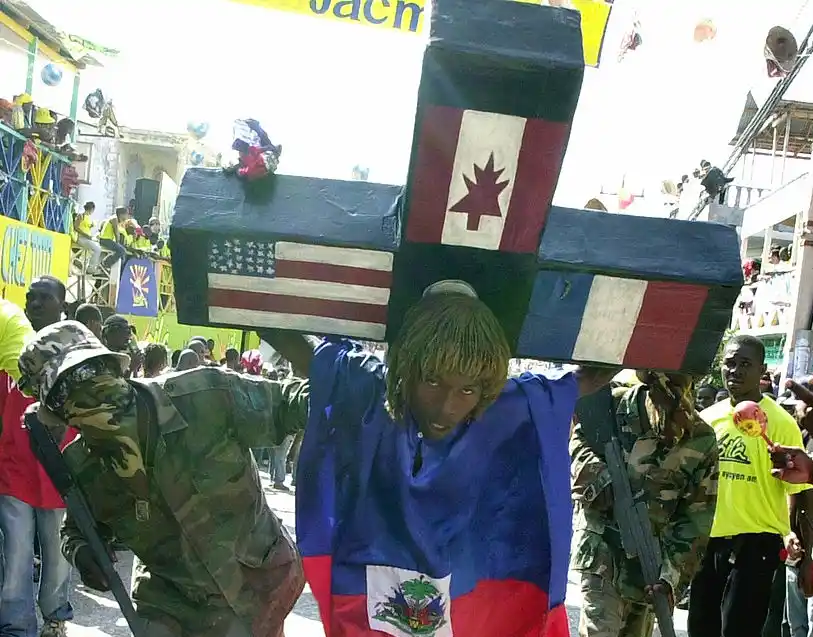
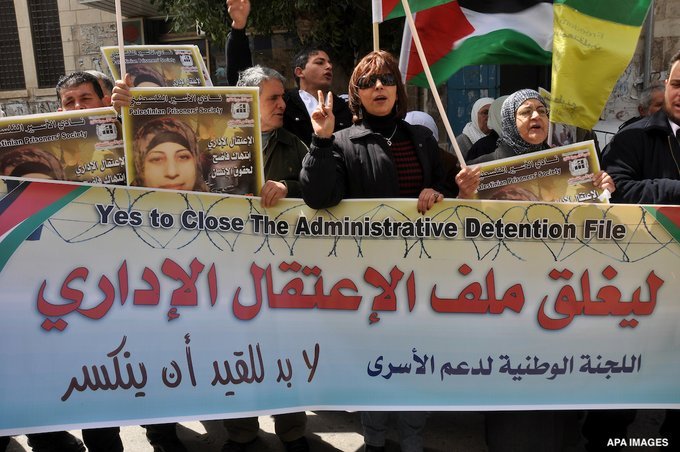
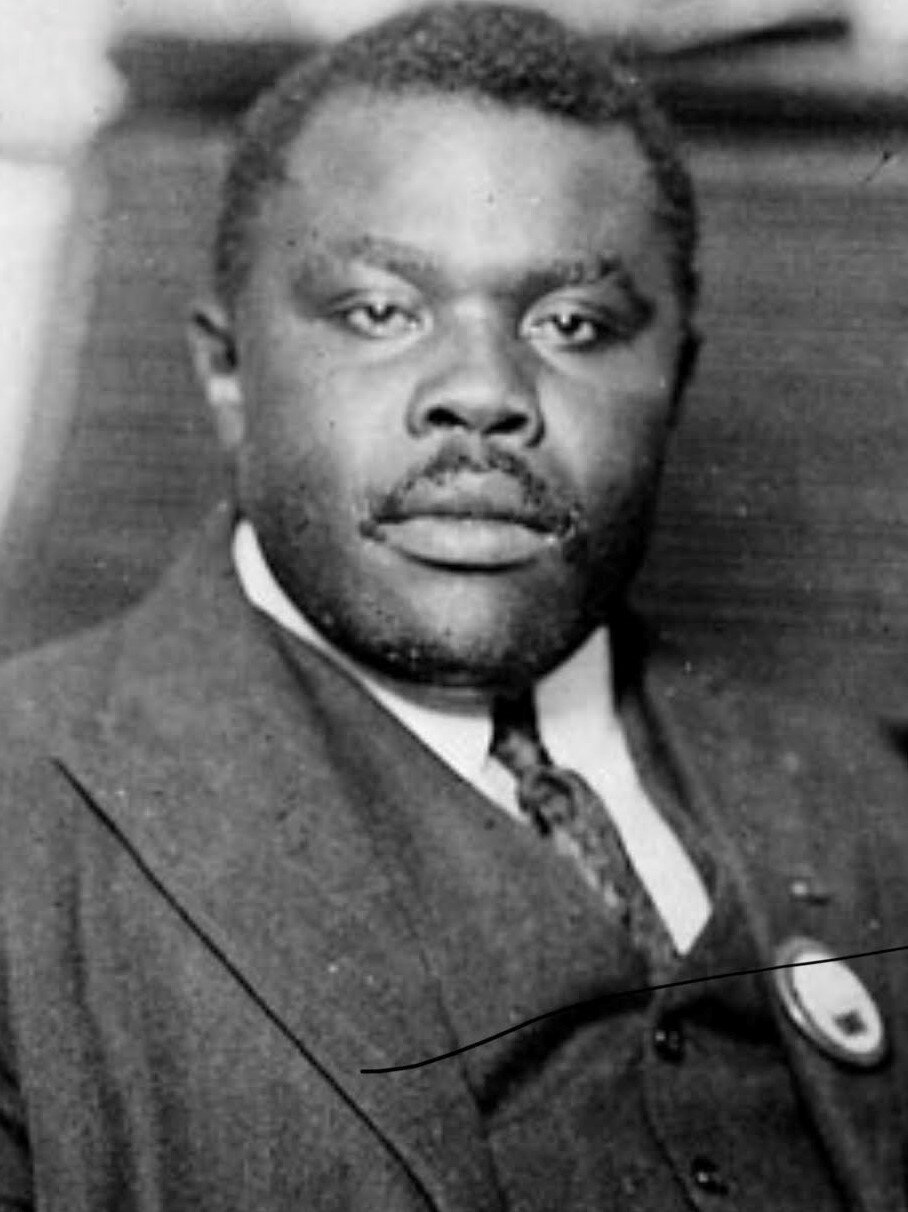
Share with your network